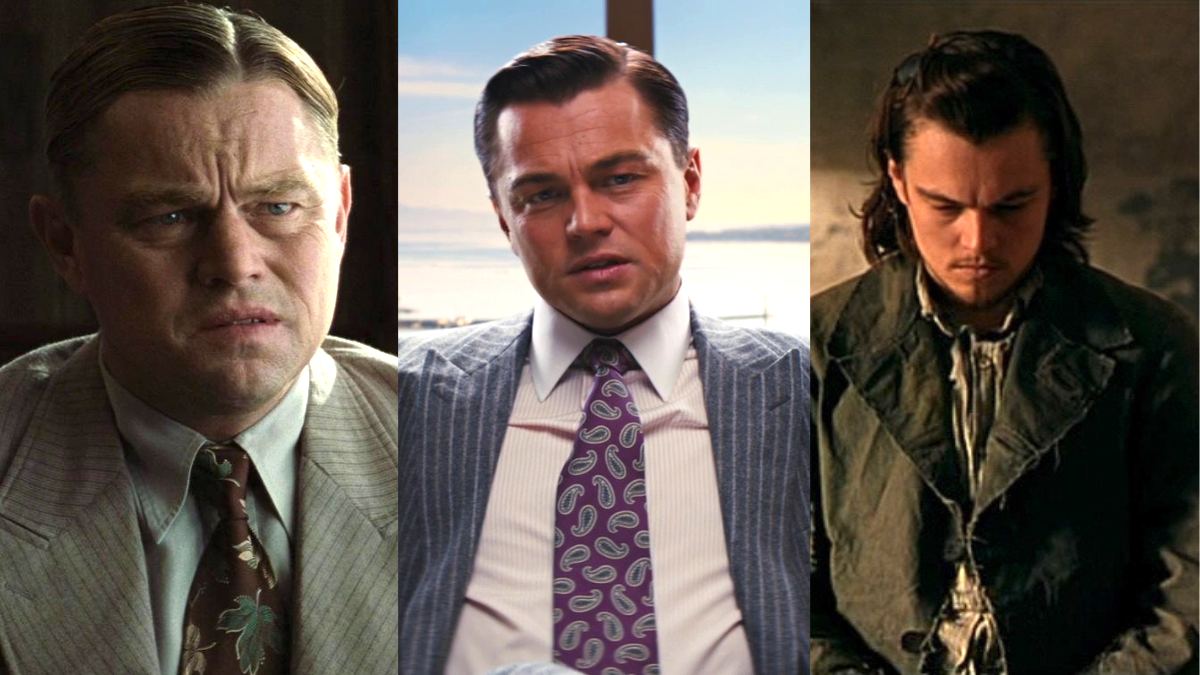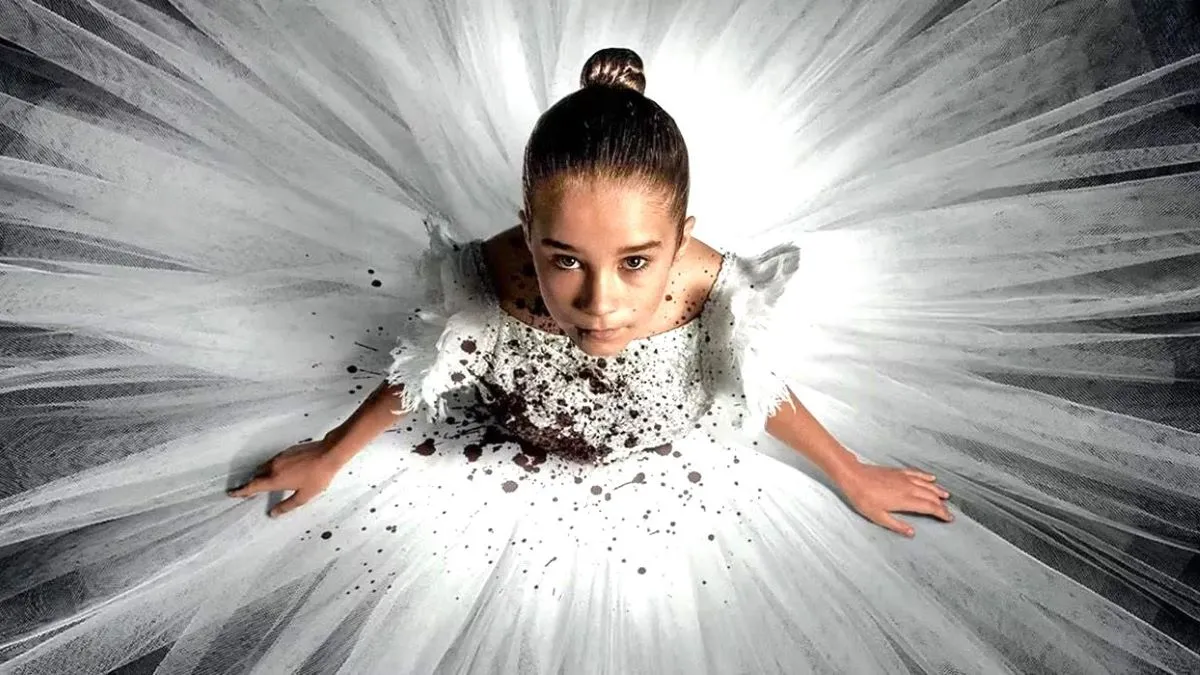
Ben Wheatley is a man who defies both critics and audiences’ frustrating habit of the need to pigeonhole a director into one definable genre or style. When you expect him to settle down into making a particular sort of film, he throws a curve ball. A Field in England is exactly that kind of curveball. The double whammy of Sightseers and Kill List seemed to be cut from the same cloth, both in terms of plot and sensibility, and the trailer and marketing for A Field in England suggests a continuation of that. While Wheatley retains the brooding air of palpable unease and tension, the film is a surprising and bold new step for the director.
Coming to the UK across all platforms on the same day: theaters, DVD/Blu-Ray, VOD and, for the first time, a screening on television, A Field in England comes to us boasting a distribution plan which imitates the future of cinema. On the surface this seems to be purely an exercise for Wheatley to change the way we receive and consume film by giving the audience the chance to choose for themselves, but instead it is a sensible decision for this film. A Field in England would greatly suffer if it were to rely on a cinema release alone, as it is one of those films that isn’t easily marketable or palatable for a cinema-going audience.
It is not an easy film to describe nor would it be served well if you were to describe a plot but essentially, the film is set in rural England during the English Civil War and opens with an alchemist and man of God named Whitehead (played by Reece Sheersmith) fleeing from battle and from his master. However, he then gets caught by another fugitive: Cutler, who is holding two other hostages on a journey that he is taking to an alehouse. Along their way they happen upon (in very strange circumstances) the mysterious O’Neill (Michael Smiley), an Irishman who may or may not have a connection with Whitehead, and a crop of dangerously hallucinogenic mushrooms.
This is about as clear as the film gets and as the characters sink deeper into their hallucinogenic trances the film descends down with them. This is bold, formal exploration for Wheatley, who takes the British period film and bends it in unique and mysterious ways that strips away all notions of worthy heritage filmmaking. A Field in England is foremost a film which is perhaps best defined as being a work of experimental or surrealist cinema. It is a film entrenched in references to other works of surrealism and uses tropes of that style strongly throughout.

The stunningly bleak, utterly arresting and eerily rendered black and white photography recalls the monochromatic unease of David Lynch’s Eraserhead, a film which relies mainly on its bizarre, often profoundly horrifying symbolism to power you through the experience. There are also staples and themes present in the film which are a huge part of Lars von Trier’s cinema, from the inclusion of theatrical devices (A Field in England makes heavy use of freeze frame tableaus) to the violent, antagonistic aspect of nature. Like works in this realm of cinema before it, the inner workings of the plot, the motivations of the characters and the actual world of A Field in England are all malleable, abstract and unimportant, instead the root and understanding is born from the imagery, repeating symbolism and the overarching themes.
A Field in England may seem to flirt with the growing sense of a plot with O’Neill setting his band of companions (or prisoners) on a hunt for buried treasure, however, on reflection, this seems to be a deliberate attempt to divert us away from the actual meaning of the film and may simply be a device to retain the conflicts between the characters. For me, without wanting to sound like a man with pretensions above his station, the film is Miltonic. It is working with themes so oft explored by John Milton: the belief in God, original sin and the metaphysical conflict between men of God and Satan.
Whitehead is a man determined to do good, defining himself by his worship of God and sees himself following in those footsteps, while O’Neill is man not concerned with good, seeking only to achieve his own goals and corrupting those around him on the way. It isn’t insignificant that he is referred to on more than one occasion, by other characters and himself, as the Devil. The dialogue is also crucial to capturing that Miltonic tone. It is heavy and often impenetrable but absolutely entrenched in the period (aside from a few occasional cuss words). It is language which is absolutely appropriate for the characters to utilise in discussion of these central issues.
The English Civil War was defined by skirmishes between parliamentarians and royalists, and their disagreements over how England should be politically run. The Parliamentarians objecting to the monarchy’s power over the government and therefore questioning the divine right to rule. This is the conflict raging on in the background and it is the one which is raging on between the characters, albeit at a more personal level, with belief questioned rather than political affiliations, but the central tenant is still there. This is simply one reading though and I assume there will be many more to come and a lot more to say. Equally, this could be something that may not initially strike other people. After all, one of the great joys of surrealism is that the interpretation is entirely open to more discussion.
For those looking for something with a little more explanation and clarity, you’re not going to get it with A Field in England. There are elements of it that don’t quite work and are only there to further obscure simply for obscuring sake. There is one motif, used heavily in the marketing, of a growing black planet which is placed a couple of times throughout to no real effect (at least not the first time I saw it). As an audience member you put in an awful lot of patience and don’t receive many favours from the filmmaker. That said, there is so much here to admire: the performances, Wheatley’s unmatched talent for creating a thick, unrelenting atmosphere and his desire to craft something challenging and formally experimental, that it seems churlish to pick apart every flaw. It is by no means my favourite of his work but A Field in England cements Wheatley as the most important voice in British independent cinema.






